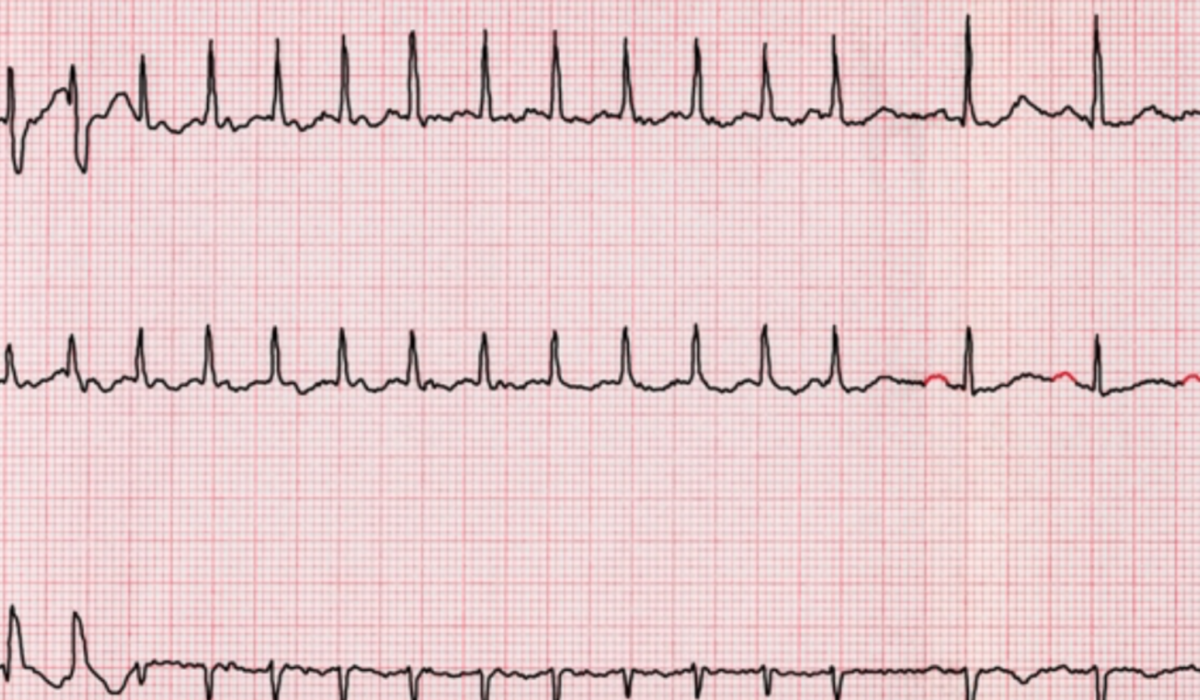Eue-Keun Choiand Seoul National University colleages have developed an atrial fibrillation detecting ring, with similar functionality to AliveCor and other watch-based monitors. The researchers claim that the performance is comparable to medical grade pulse oximeters.
In a study, Soonil Kwonand colleagues analyzed data from 119 patients with AF who underwent simultaneous ECG and photoplethysmography before and after direct-current cardioversion. 27,569 photoplethysmography samples were analyzed by an algorithm developed with a convolutional neural network. Rhythms were then interpreted with the wearable ring.
The accuracy of the convolutional neural network was 99.3% to diagnose AF and 95.9% to diagnose sinus rhythm. The accuracy of the wearable device was 98.3% for sinus rhythm and 100% for AF after filtering low-quality samples.
Choi believes that: “Deep learning or [artificial intelligence] can overcome formerly important problems of [photoplethysmography]-based arrhythmia diagnosis. It not only improves diagnostic accuracy in great degrees, but also suggests a metric how this diagnosis will be likely true without ECG validation. Combined with wearable technology, this will considerably boost the effectiveness of AF detection.”.
